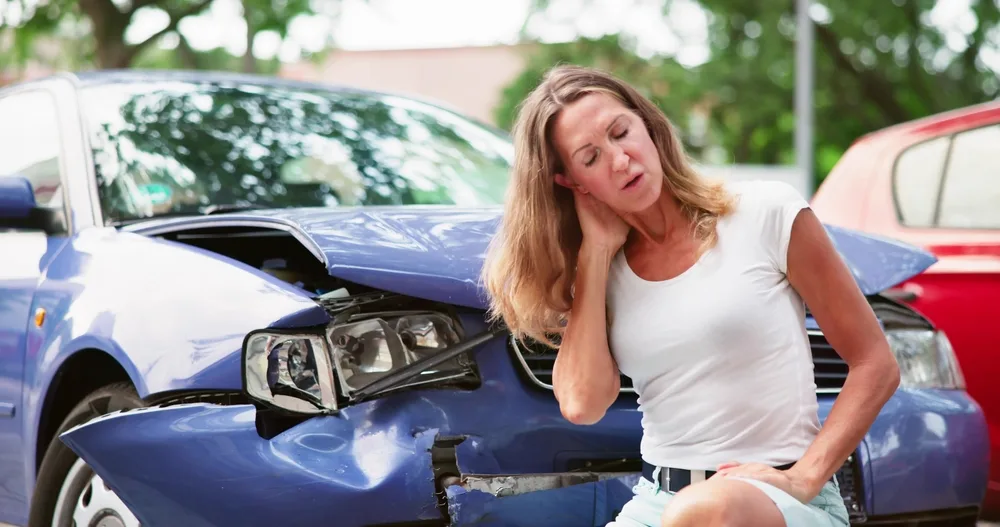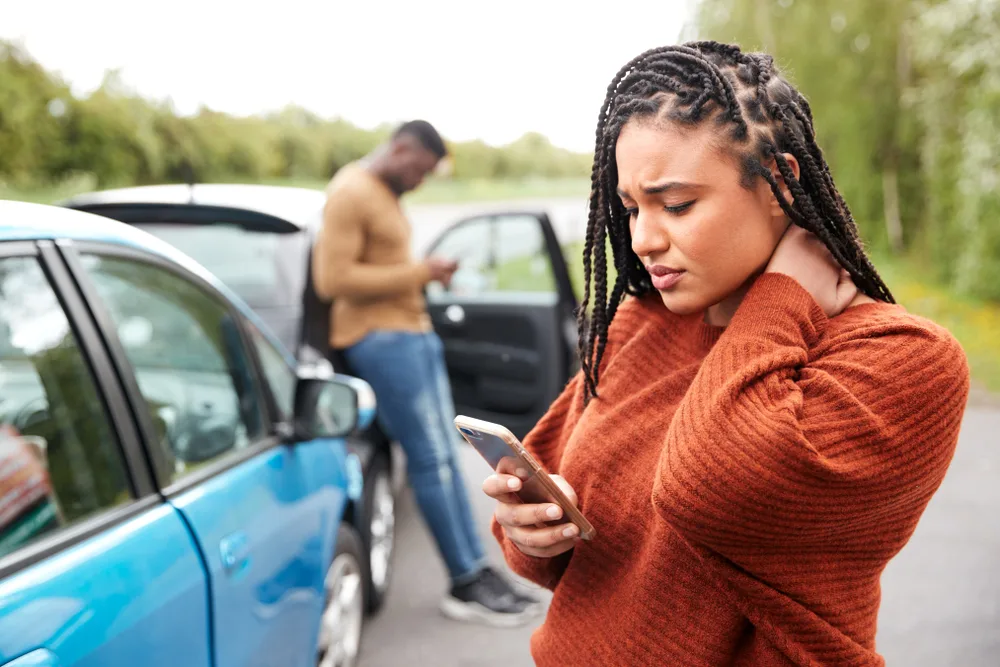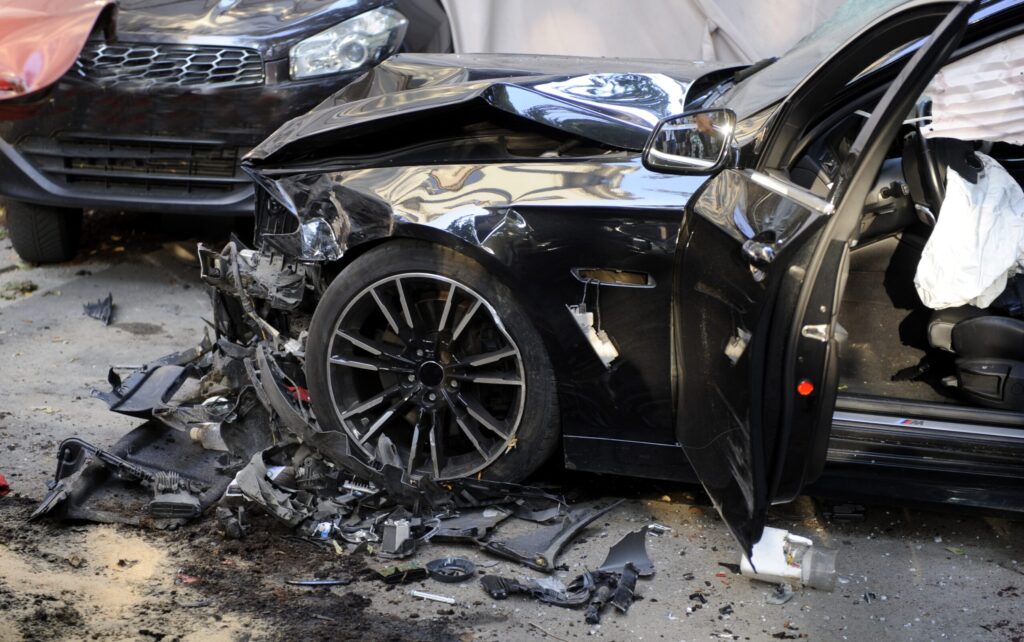The Impact of Florida’s No-Fault Car Insurance Law on Personal Injury Claims in Sarasota
Personal injury claims stemming from car accidents can be complex and overwhelming. In Sarasota, Florida, individuals navigating these claims might...
Read More 



